For the next in our series of chats with sustainable pioneers, we sit down with Katrina Caspelich, CMO of Remake, a California-based non-profit advocating fair pay and climate justice within the fashion industry.
Since 2016, Remake has masterminded an array of impactful campaigns that have helped garment workers worldwide receive compensation for the injustices they’ve suffered. One of their current crusades involves helping factory employees in Thailand and Cambodia get back USD 2.2 million in stolen wages and benefits.
Then there was the #NoNewClothes challenge, launched last year. Its achievements are impressive: CO2 emissions reduced by nearly 1.2 million kilograms, more than 52,000 kilograms of waste avoided, and shoppers saved almost USD 3 million. That’s the power of collective action.
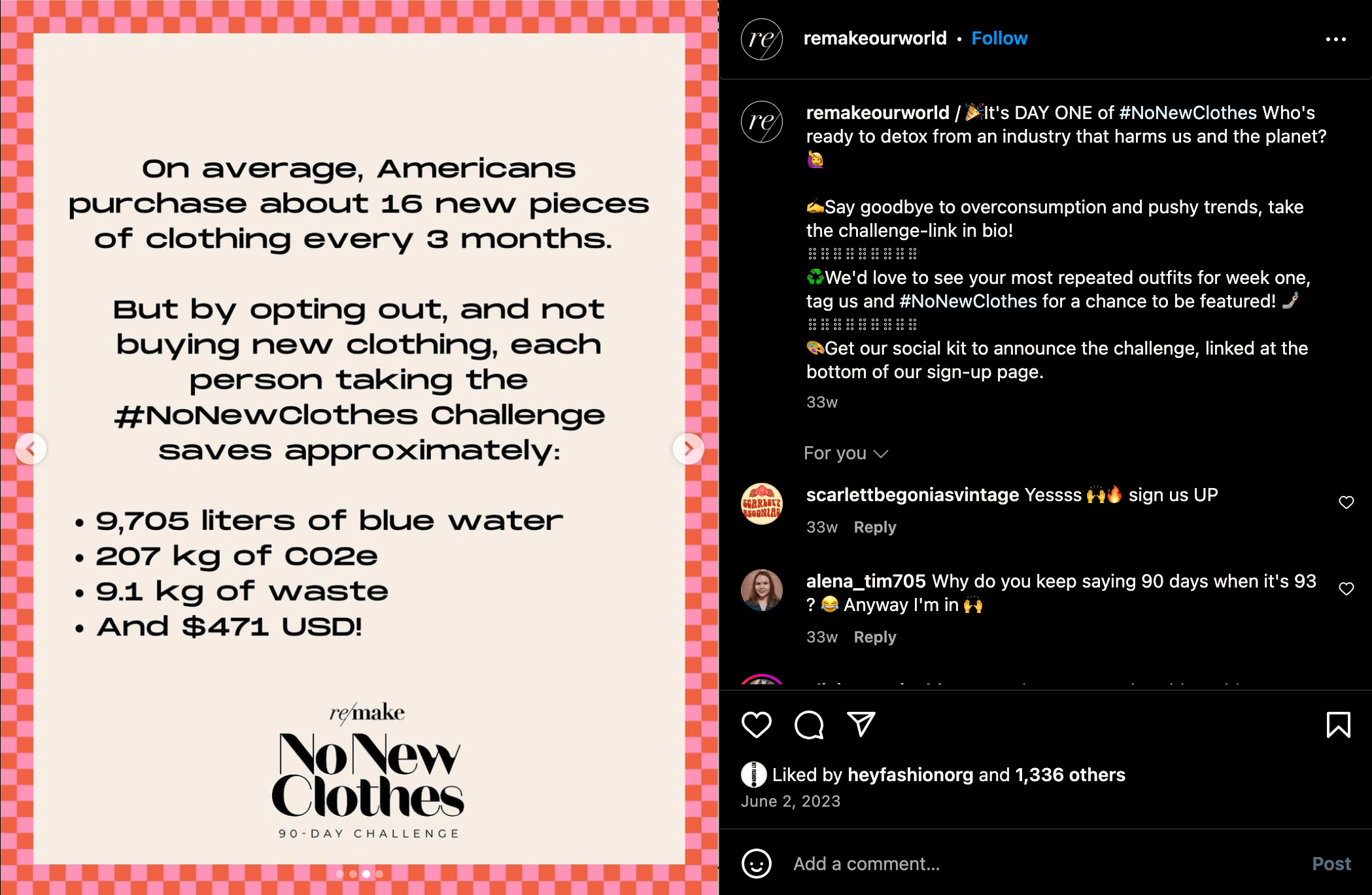
So without further ado, let’s get started.
As a quick intro, can you tell us what Remake is all about?
At Remake, our mission is to unite changemakers in the fight for human rights and climate justice in the clothing industry.
We do this by empowering the next generation of activists. We arm consumers, whether students or professionals, with the resources they need to grow into their change-making power.
We also scale and catalyze transformative campaigns, mobilizing those that shift culture and enact enforceable policies that disrupt the industry’s bad practices.
And we build radical collaboration. We unite a global coalition of individuals, media, legislators, unions, orgs, and brands in the hope of a better future for fashion.
There are obviously a lot of issues to be tackled in the fashion industry. Why choose to focus on the social aspect?
Protecting garment workers has always been something Remake’s Founder, Ayesha Barenblat, has been passionate about.
Having worked on the inside of the industry for a long time, she had made the business case for retailers to invest in the lives of garment workers. When Rana Plaza fell down on April 24th, 2013, it became clear to her that it would take a groundswell of consumer demand to truly move the needle in the industry. What was needed was a people’s movement to say no more deaths, human rights abuses and environmental degradation in our quest for cheap clothes.
This was the inspiration behind founding Remake in 2015.

Your campaigns are pretty spread out geographically. How do you choose who or what to support each time?
We work with various labor unions and organizations around the world, partnering on campaigns that they believe are most pressing, need heightened visibility, and drive systemic change.
What are some of the biggest wins that you’ve seen in workers’ rights in the last 5 years?
There’s the Worst Wage Theft campaign. Garment factory owners in Karnataka, India, refused to pay workers in compliance with the minimum wage increase that went into effect in the region in April 2020. And it led to over $59 million in unpaid wages to the region’s garment workers. Major brands with suppliers there – including Nike, Zara, Walmart, Puma, Adidas, H&M, and Columbia – were aware of the wage theft occurring and allowed for it to continue. Our campaign aimed to hold those producing in the region accountable. As of February of 2022, 14 major Karnataka garment suppliers agreed to pay over half the money owed to workers, amounting to $28.6 million.
Then, Victoria’s Dirty Secret. Thai garment workers making products for them were owed more than $8 million in severance after losing their jobs during the pandemic – with no safety net to fall back on. Remake called out VS, leading a 13-month campaign. In May 2022, Victoria’s Secret provided $8.3 million in legally owed compensation to more than 1,250 Thai workers who sewed bras for the company.
And the Garment Worker Protection Act. It’s a landmark California law that went into effect in January of 2022. The passage of this piece of legislation is the result of years of grassroots campaigning. Crafted by and for garment workers, it addresses the root causes of systemic wage theft in apparel manufacturing by eliminating the piece rate system of pay and holding fashion brands jointly liable for workplace violations.
From Remake’s past campaigns, is there any particular one that stands out?
Definitely our viral #PayUp campaign.
In the first months of 2020, as Covid-19 pushed the apparel industry into free-fall, mass-market apparel brands made a catastrophic decision. They canceled an estimated $40 billion worth of clothing orders that were already in the works or had been completed and shipped. This triggered mass layoffs and a humanitarian crisis. The campaign organized to get workers paid, demanding that brands pay for their orders in full and on time, with no discounts.
We recouped $22 billion from more than 25 major brands, including H&M, Zara, Gap Inc., Calvin Klein, Target, for orders they placed prior to the pandemic, making it one of the most successful worker rights campaigns in modern fashion history.
Your organization is made up almost entirely of women. From the core team to community organizers. Then you’re focused on the garment industry, which is 80% women. Tell us about this largely female community you’re building through Remake.
At Remake, we believe the sustainable fashion movement is a feminist movement.
Fast fashion disempowers women. Sustainable, ethical apparel supports them. Around the globe, women dominate the workforce of the garment factory industry. Unfortunately, the working environment for many of them includes pervasively low wages, untenable hours, sexual harassment and violence and hazardous health conditions. Most managers in factories are men who hire women with a widespread belief that women are more docile and are willing to work longer hours for little pay. In essence cheap clothes mentally and physically exploit women and engulf generations of women into a cycle of poverty.
At Remake, we hope to inspire all women within the fashion industry to stretch their advocacy muscles and take part in our global movement to achieve tangible change.
This is the work we do every single day, and our Remake community propels us forward.
If Remake could choose its most important message to spread, what would it be?
Our tagline is “Wear Your Values”, which motivates consumers to make conscious and informed choices about the clothing they purchase and wear.
For us, this involves considering the ethical and environmental impact of fashion choices, such as supporting brands that prioritize fair labor practices, sustainability, and transparency in their supply chains. The idea is to encourage individuals to align their fashion choices with values that promote social and environmental responsibility within the industry such as advocating for workers’ rights, fair wages, and environmentally friendly production processes.
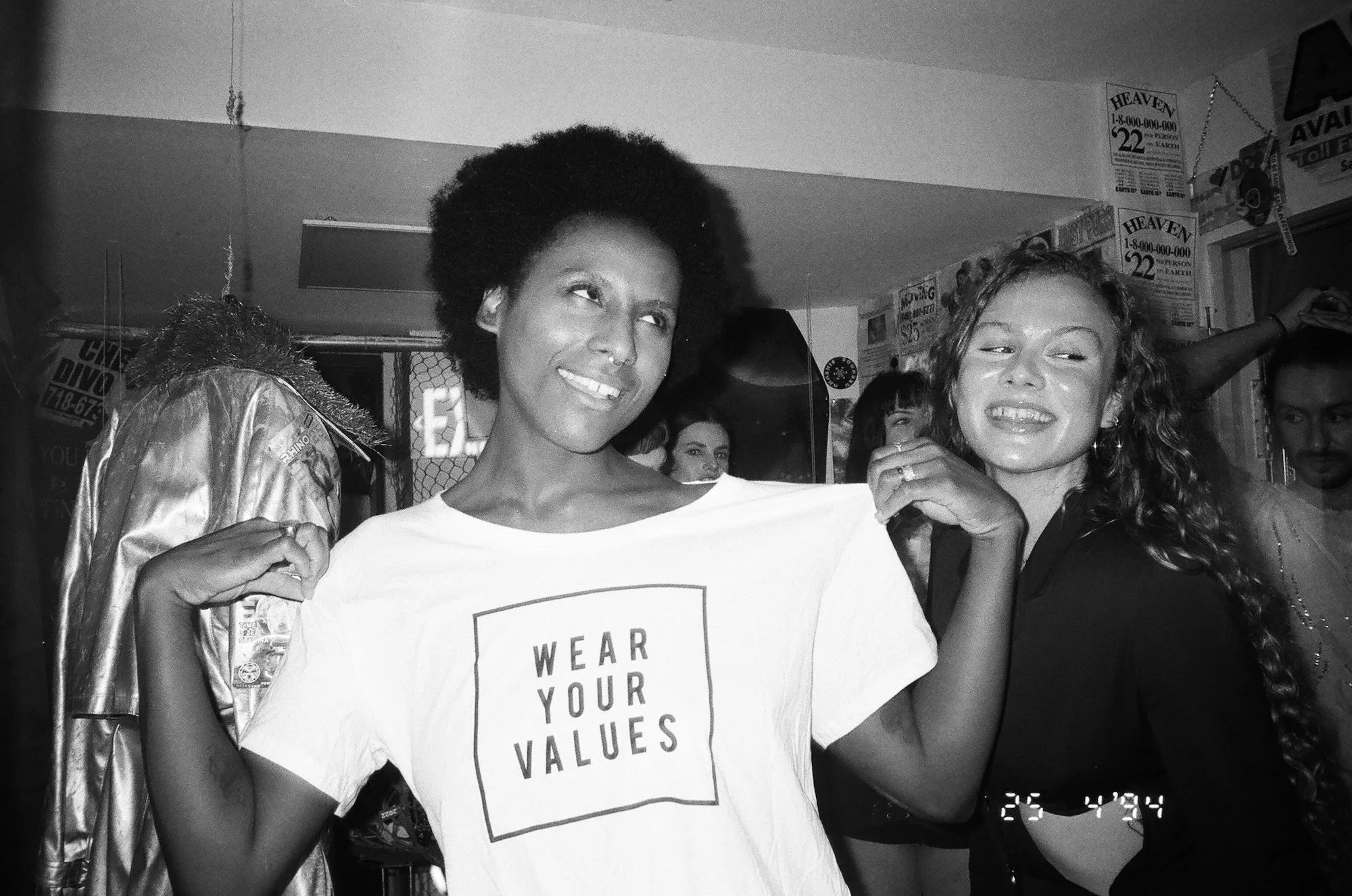
Up until now, why do you think that the fashion industry has been so unregulated?
The fashion industry has historically been less regulated for several reasons.
First, the fashion industry often relies on complex global supply chains, involving multiple countries and stages of production. This complexity makes it challenging for regulatory bodies to effectively monitor and enforce standards across the entire supply chain.
Many brands also outsource production to countries with lower labor costs. This can result in variations in labor standards and regulations, making it difficult to establish consistent and enforceable industry-wide regulations.
Then there’s rapid changes and trends. The fast-paced nature of the industry, with quickly changing trends and seasons, has led to a focus on speed and efficiency. This emphasis on rapid production cycles may lead to corners being cut in terms of ethical and environmental considerations.
Historically, there’s also been a lack of transparency in the fashion supply chain. Brands may not disclose information about sourcing practices or the conditions under which products are manufactured. It makes it harder for consumers and regulators to hold companies accountable.
Plus, consumers often demand low-cost fashion items, which has driven brands to seek cost-cutting measures. And lastly, limited regulation focus. Government regulations in many countries have traditionally focused more on consumer safety – like product quality standards – rather than on labor conditions or environmental impact. It’s allowed the fashion industry to operate with fewer regulations in certain areas.
Are there any new regulations you’re excited to see in place?
Well, the International Accord. In 2021, the enormously impactful Bangladesh Accord on Fire & Building Safety was expanded into an international agreement. It’s since been renewed as of November 2023. The Accord is a legally-binding agreement that has extended life-saving workplace safety to 1.8 million garment makers through inspections and worker programs. Still, many global brands, like Levi’s, have yet to sign on to the International Accord. And we need them to sign on to ensure that more workers are protected.
Then, the Pakistan Accord on Health & Safety in the Textile & Garment Industry. It’s a new legally-binding agreement that extends the landmark worker safety program of the 2021 International Accord into a new country. Signed by global brands, retailers, and unions, it will protect garment makers in signatory factories across the country from fires, injuries, building collapses, and other occupational health and safety hazards. While over 90 brands have taken the lead on joining the Pakistan Accord, major companies including the ‘Dirty Dozen’ listed on Remake’s Pakistan Accord Brand Tracker, still have yet to sign on.
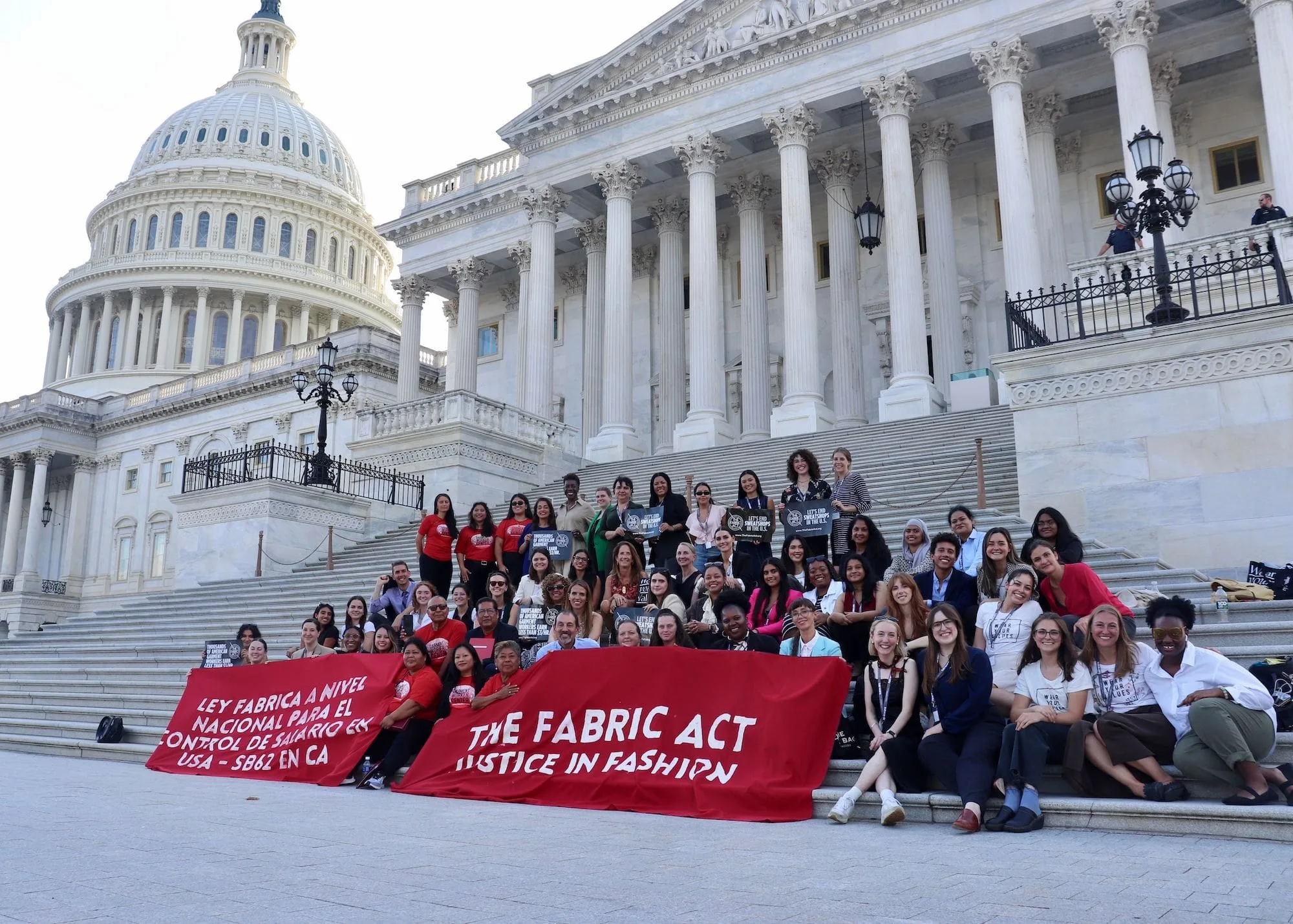
And the FABRIC Act. The Fashioning Accountability and Building Real Institutional Change Act was re-introduced in the US Senate by Senator Kirsten Gillibrand on September 13th, 2023. It’s a federal bill that proposes both new workplace protections and major incentives to accelerate domestic apparel manufacturing that would cement the US as the global leader in responsible apparel production.
In your opinion, how impactful do you think it is for individuals to buy clothing more mindfully?
Very impactful! In fact, the best way to practice sustainability is by lowering your consumption of new apparel and by shopping your closet before purchasing anything. Repurpose clothes you don’t want or partake in a clothing swap with friends. And rent for special occasions. Thrifting or secondhand shopping are best if you need to purchase something you need as it has many benefits, but the main one is that it reduces the amount of textile waste entering landfills.
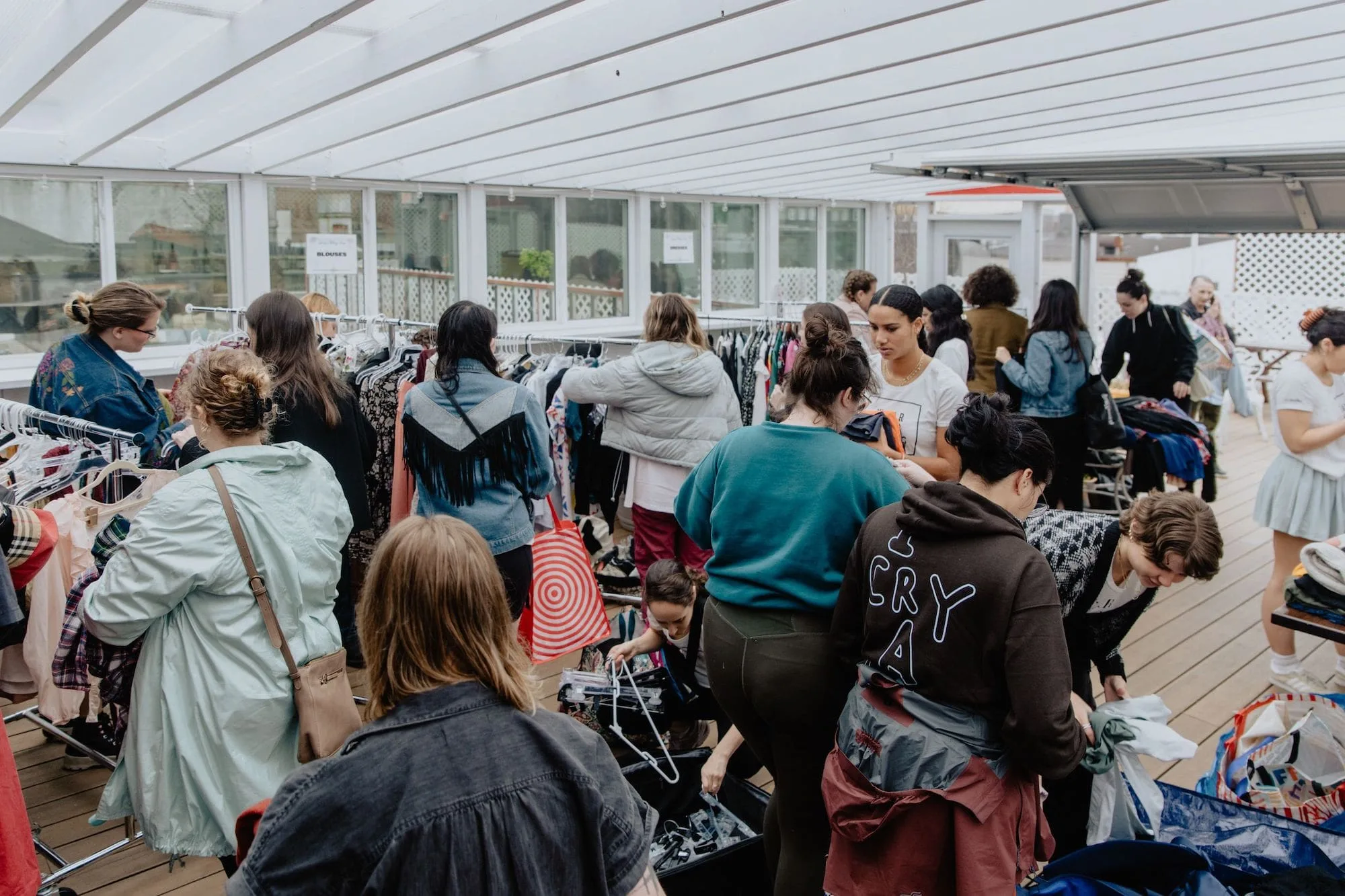
Sustainability can be a tricky concept to define and we always ask our interviewees to attempt to pin it down. What’s your definition?
Sustainable fashion usually means eco-friendly practices in the fashion industry, referencing the approach of designing, producing and consuming clothes that respect the planet by causing little to no damage. And therefore, sustaining the environment. It also refers to the practice of recycling and reusing the product to extend its life.
At Remake, we define this term holistically by looking at both the planetary and human impact. For us, brands cannot be truly sustainable unless they’re also ethical, and vice versa. After all, what good is organic cotton if it’s harvested with slave labor? And what good is the living wage payment of a garment worker if her body is threatened by toxins being released during the sourcing and production processes.
What are some of the most exciting sustainable brands that you’re following at the moment?
We love Outerknown which provides great basics for men and women. As for jeans, we’re really loving Nudie Jeans and Ética. Mara Hoffman, Hope for Flowers, Everlane, Reformation, and Organic Basics are some other go-tos. For outerwear, we suggest checking out Patagonia and Cotopaxi and for accessories and shoes, we’d recommend checking out ALOHAS, Raven + Lily, Veja, along with Nisolo.
At Remake, we constantly hear that people want to shop sustainably but don’t know where to start since the research process is daunting. In addition, searching for brands can be time-consuming and confusing especially with the ever increasing sustainable labels such as organic, fair trade, etc. Not to mention the fact that many brands are co-opting all the interest in sustainability to greenwash, so it can be difficult to know who to trust.
Because of this, we created a Sustainable Brand Directory to make it easy to shop, discover new brands, and see how some of your favorite brands are tackling environmental waste and treating the people who make their clothes.
More information on how we rate and filter brands can be found in our Remake Accountability Report.
Where would you like Remake to be a year from now?
It’s simple.
Our goal is for fashion to become a more transparent and accountable industry that provides living wages to workers and reduces environmental harm. Whether that means growing our Ambassador base of activists, winning a campaign, or ensuring brands pay their garment workers’ stolen wages, that’s a positive in our book as we’re slowly inching towards a clothing industry that centers people and our planet.
Want to get involved in the Remake mission? Check out their Ambassador Program and more on their website.
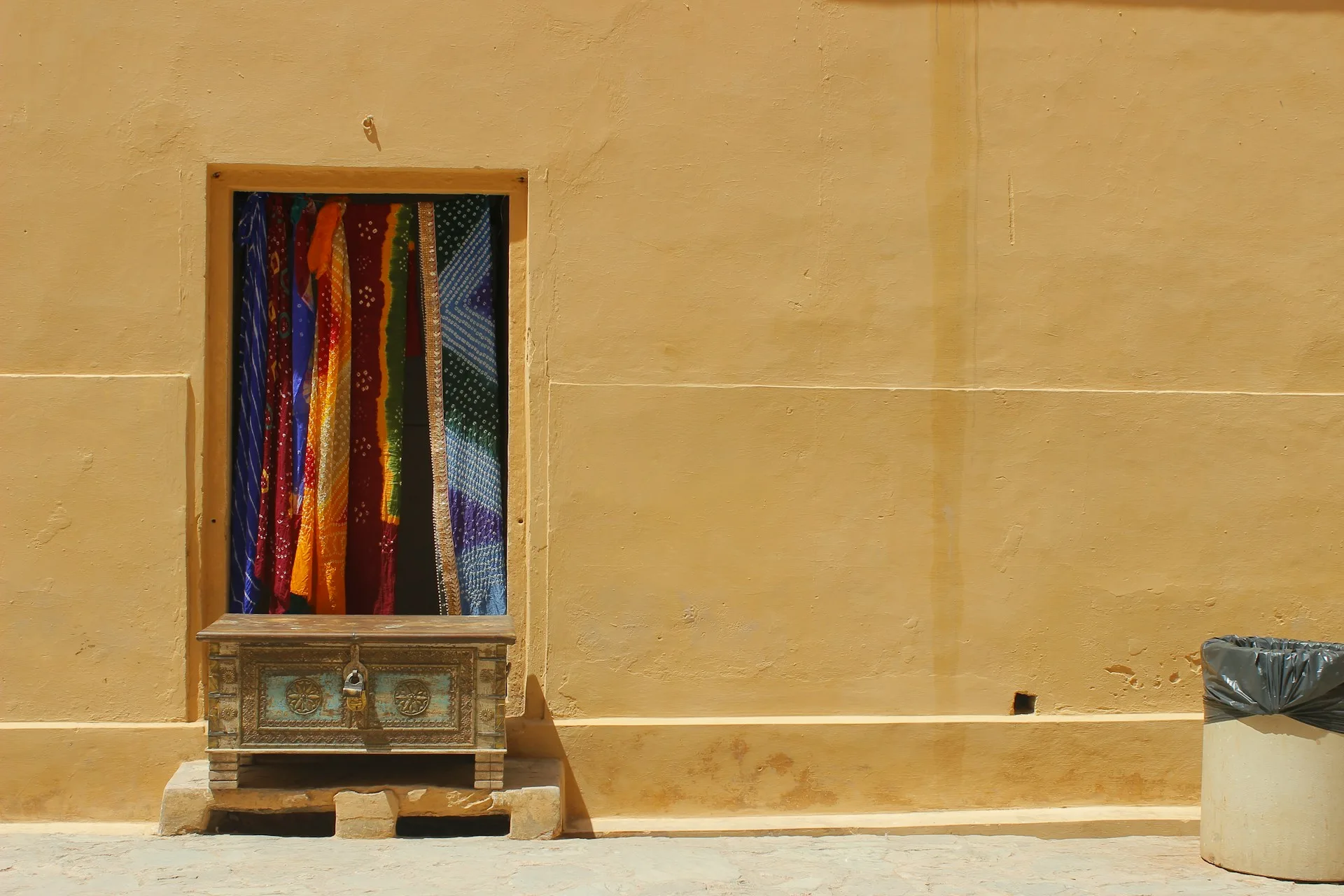
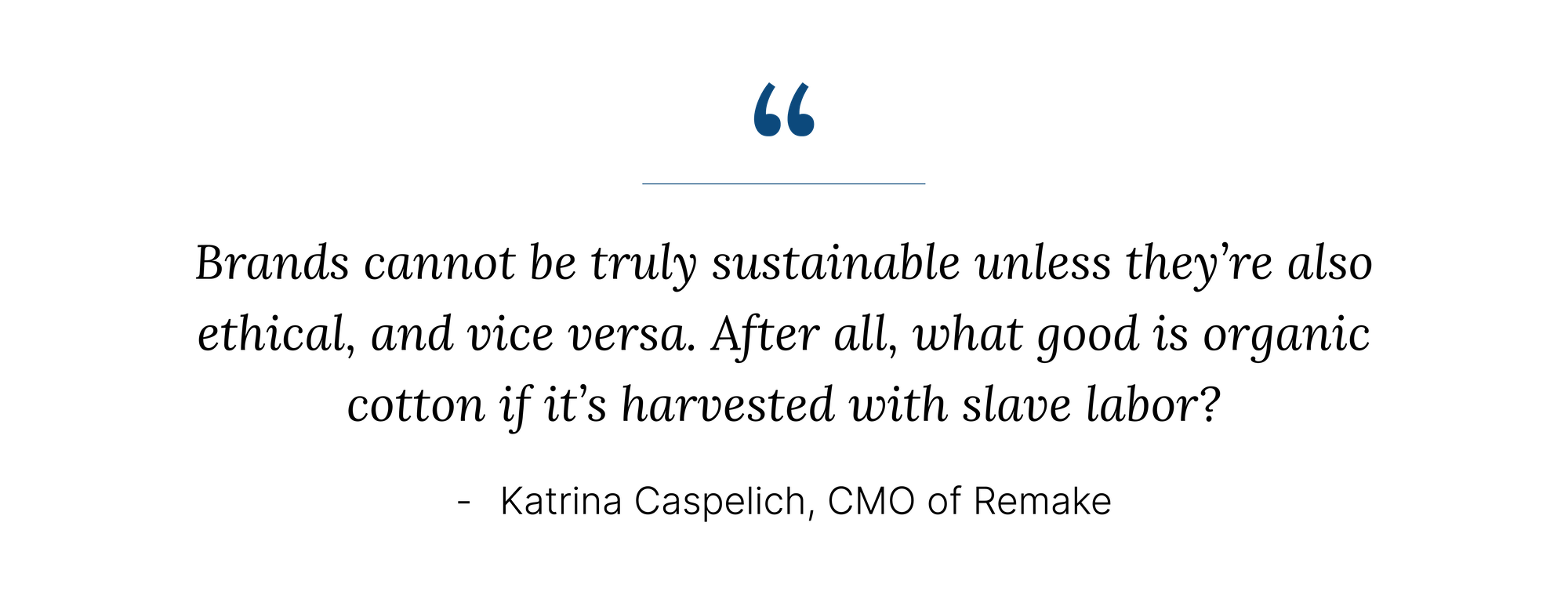


Leave a Reply